Have you ever heard about sustainable wine? How can you know if you are consuming sustainable wine?
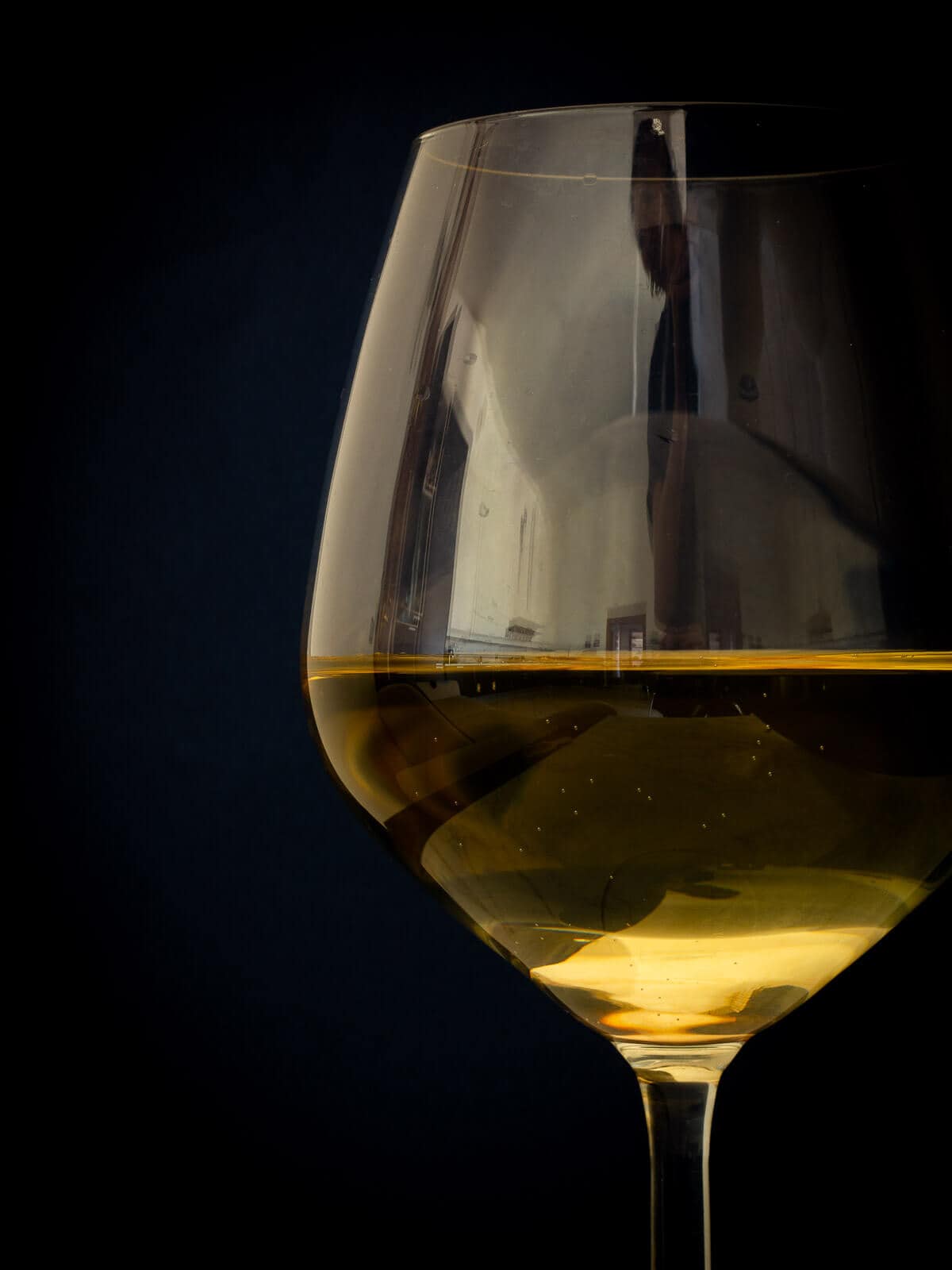
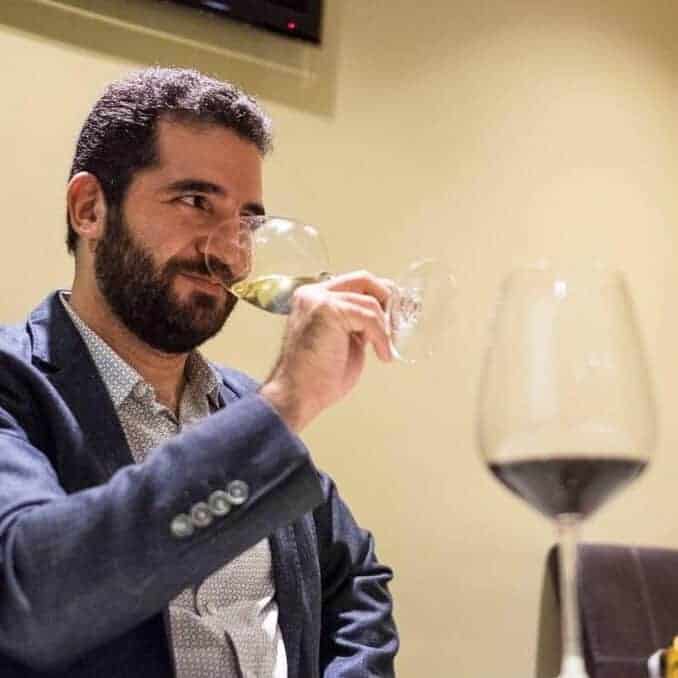
Ramón Barreiro
Wine Pairing by our Sommelier Ramón Barreiro @pejo_barreiro
Our relationship with the environment is one of the most significant challenges we face. Beyond the global warming crisis, the planet suffers a generalized crisis in its ecosystems, which entails a real danger for life sustainability. And the origin of this danger is us, the people, exploiting natural resources, especially our consumption habits.
The need to be ecological is then imposed, and with this, the application of a concept: sustainability.
What is sustainability?
Being sustainable implies recognizing that a resource, because it is renewable, is not inexhaustible; Consequently, sustainability requires applying measures that help the continuous renewal of natural resources, also preserving the environmental relationships in which they participate.
Air, water, and land are the renewable resources that should concern us the most. The availability of clean air, pure water, and living land is essential for our quality of life and our planet's sustainability.
What is Sustainable Agriculture?
Another concept related to ??sustainable agriculture, which is also regulated by regulations, is organic farming. Both ideas, sustainability, and environmentalism are closely related. Ideally, sustainable agriculture is also organic.
But after decades of intensively exploiting the land, the return to ecological practices requires the progressive application of sustainable agricultural practices which's environmental impact can be quantified. Designing measures that mitigate the environmental impact and allow the protection and renewal of natural resources, especially land and water.
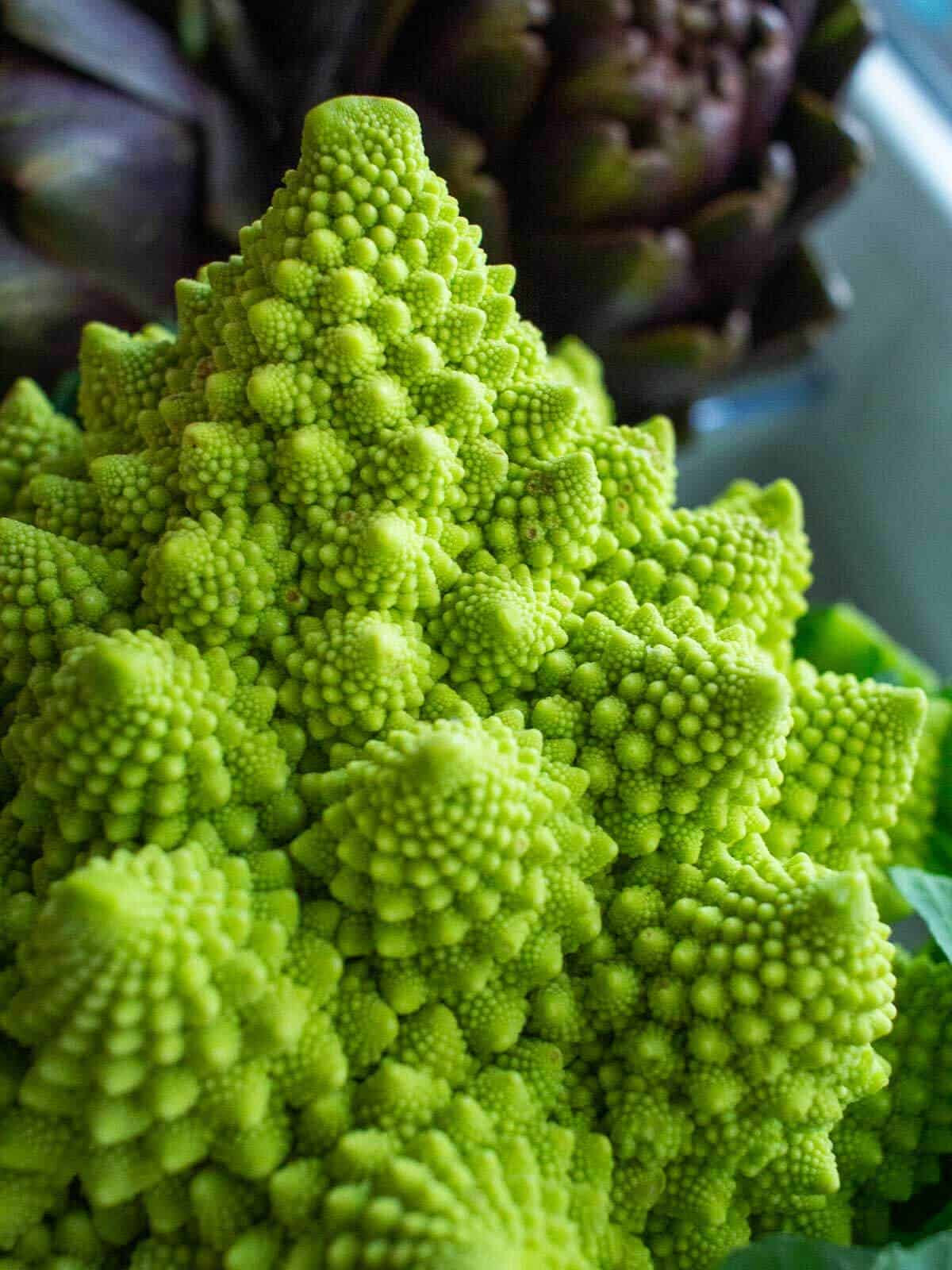
Is there Organic Viticulture?
Yes, the cultivation of the vine can be sustainable and ecological. Indeed, we can find a growing offer of organic wines - which are only organic because they come from certified organic farms. That the offer of organic wines grows seems contradictory with the very idea of ??sustainability. But if we recognize that practically the entire wine offer is neither organic nor sustainable, if the proportion of organic wine grows little by little means that a non-organic vineyard has become organic.
Is the wine not sustainable?
Almost all the wine you can find in the nearest supermarket is not sustainable wine, much less ecological. Wine production historically was not concerned with sustainability. The vine is one of many agricultural products that has been exploited through monoculture.
Thousands or tens of thousands of hectares dedicated solely to the cultivation of grapes for winemaking is what has marked the origin and development of many of the best-known wine regions in the world. Also, many others not so well known have contributed raw material to the first when the depletion of the land does not allow a harvest that maintains the constant flow of supply.
This non-rational exploitation of the vine's monoculture was accentuated by the American pests that devastated the European vineyard during the second half of the 19th century. Powdery mildew, mildew, and phylloxera finished first with the French vineyard, the leading supplier of the most important consumer of wine, England.
France became an importer of grapes from the rest of the European countries less affected by pests. In this way, the wine industry grows in southern Europe exploiting a commercial fraud, making Burgundy, Bordeaux, or Chablis wines, of non-French varieties!
But the American plagues eventually reach every corner of Europe. The vineyard is saved thanks to the European vine grafting on American vine stock, resistant to new pests. And when the question arises of what to replant, the answer is consistent with years of exploiting French wine fraud: French varieties.
Even today, we live in a world of wine marked by this milestone: it is the world of wine consumed for its varietal, preferably French, the world of Cabernet Sauvignon, Merlot, Chardonnay, and Sauvignon Blanc.
What is Terroir?
But wine is much more than a grape variety. The wine expresses an origin, a land, a climate, a landscape, a culture. Agriculture is a reality rooted in human communities that live off the land and take care of it.
The original winegrowers were first farmers, people who on their lands had a garden, grew cereals, and who in the poorest soils used vines for their wine because the vine is a resistant plant with roots that penetrate deep into the earth in search of water and nutrients.
The original winegrowers raised animals, chickens, goats, pigs, cows, and oxen. These animals, more than meat, provided the manure necessary to restore the fertility of their lands.
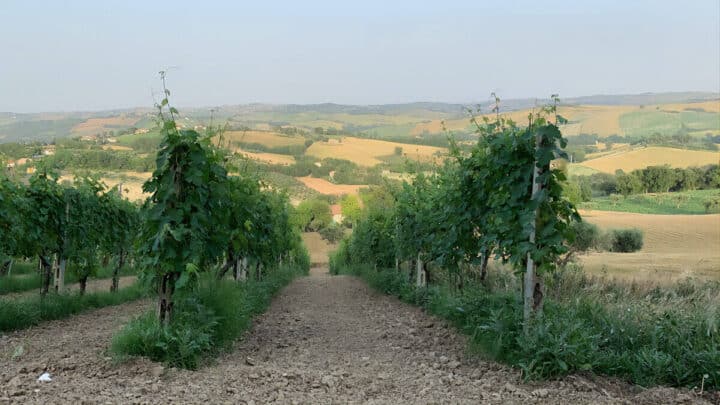
The original winegrowers took care of the forests and put trees because they needed wood to heat their houses and cook their food, and noble woods to make the vats used to ferment their wines.
The original winegrowers did not plant a single variety in the vineyard; they grew several; they experimented with diversity because they fermented them all together to have more balanced and complex wines.
All this is a rural Wine Ecosystem, an authentic Wine Culture. From the land selection where the vines will be placed to the animals that provide the manure that renews the soil, the woods preserved in the surrounding forests, and the diversity of varieties in the vineyard. This is the idea of ??Terroir, and it is an idea rooted in sustainability and environmental practices.
Which are considered Sustainable Wines?
A significant milestone to return to sustainability was the creation of Protected Geographical Indications - for wine the PDO, PGI, and in the United States the AVA.
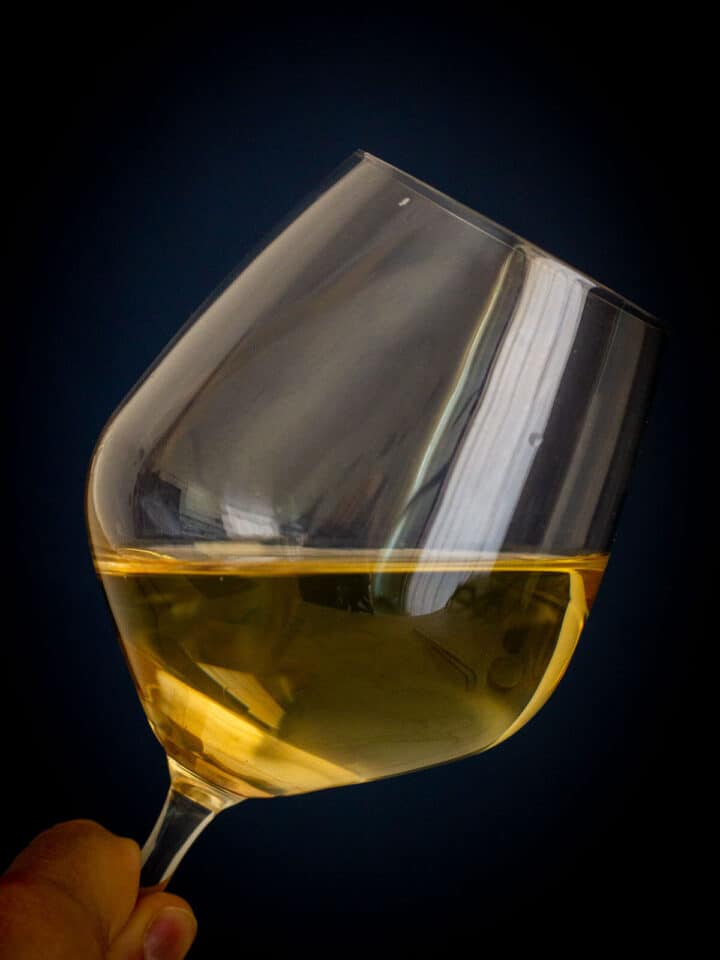
A Protected Geographical Indication highlights the geographical origin of the wine. It aims to protect the human and cultural values ??associated with the production of wine in that area of ??origin.
This does not automatically imply that the Protected Geographical Indication promotes sustainability; the reality of most PGIs contradicts this notion. The PGI introduces an important idea: if I limit the growing area, respect some exploitation and production practices, I can add value to my product.
Once you understand that there is value in a product that is faithful to the idea of ??Terroir, you also understand that sustainability is the way to make higher quality wines, living wines.
The key to change is in us, the consumers...
The Culture of Affluence and its relationship with Sustainable Wines
The Culture of Affluence must give way to an authentic Culture of Wine. It is not better to consume more cheap wine of a standard quality than to drink less wine, but of excellent quality and fair price.
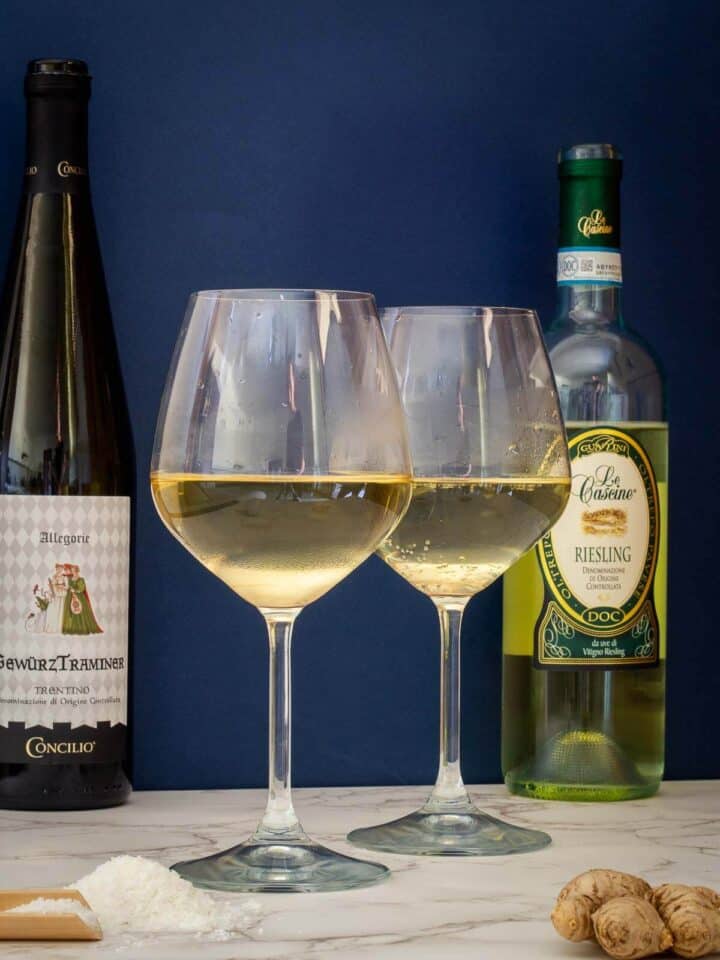
Suppose you are concerned about the moral consequences of your consumption. In that case, you have to consume wine in another way: enough of thinking that the mention of a varietal on the label is the only quality reference you need! Always look for references to the origin of the wine, the place where it comes from; Find out about the Wine Culture in these producing areas, and the cultural practices in their crops.
It is in the Wine Culture where you will find quality wines and where you will support sustainability. For this reason, in this blog, when we recommend wines, we do not want to go to the supermarket shelf to buy wines for the usual varietals from the monoculture. We recommend wines taking you to the places where they come from. We recommend living wines with Culture, with Terroir.
Like everyone who loves wine, one of the things I enjoy the most is talking about wine. But often, the things I want to talk about are not what you want or need to know. That is why I ask you to ask me, so we have a conversation about what you want to know.
As the lead content writer and recipe developer at Our Plant-Based World, he combines his passion for health and sustainability with a Plant-Based Nutrition Certification to create accessible, delicious vegan recipes. His expertise in plant-based cooking supports the blog's mission of fostering a healthier, environmentally conscious lifestyle through simple and seasonal dishes. His commitment to making vegan cooking enjoyable and inclusive for everyone shines in each recipe and article.


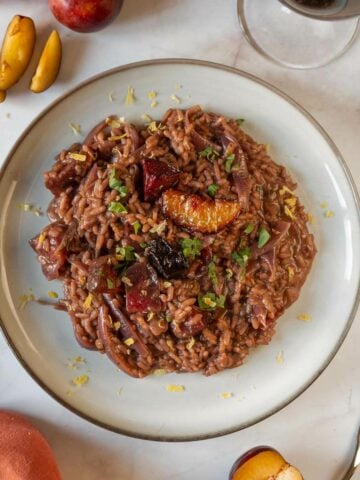
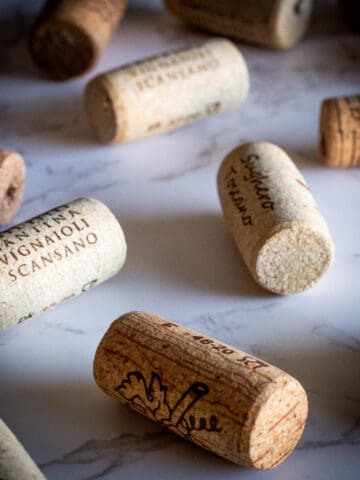

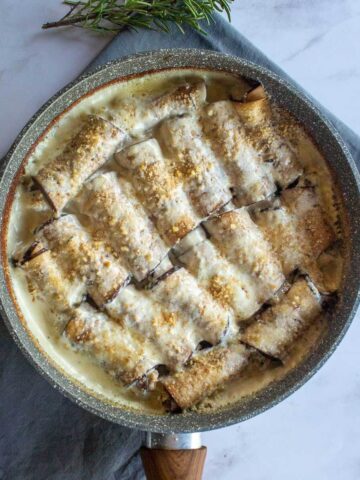
Taly
Gracias por compartir!
Sabía de algunas nociones, pero no con tanto detalle, desconociendo mucho sobre el tema!
Super útil la nota!!
Carla Biggs
Me ha encantado todo lo que ha dicho Ramón, estoy totalmente de acuerdo en que tenemos que concientizarnos. en cuanto al bien de nuestro hermoso planeta. Yo vivo en EEUU y consumo sólo vinos sustentables...por mi bien y el de mi hogar ??????????????
Mil gracias por compartir!
Carla
Gus
Así es, es súper importante ser conscientes de las desiciones que tomamos cada día con cada producto que consumimos y la huella de carbón que estos tienen. Qué bueno que te haya gustado la nota! Hay varias notas que ha escrito Ramón recientemente en el blog sobre sostenibilidad que son muy interesantes, ojalá que también te gusten! Saludos!